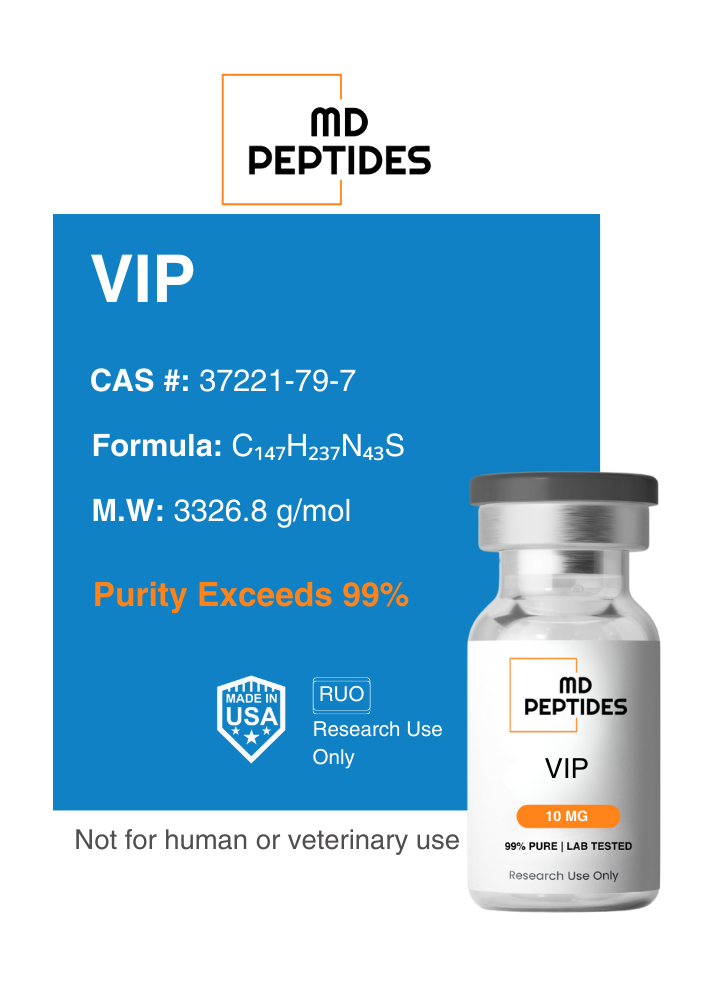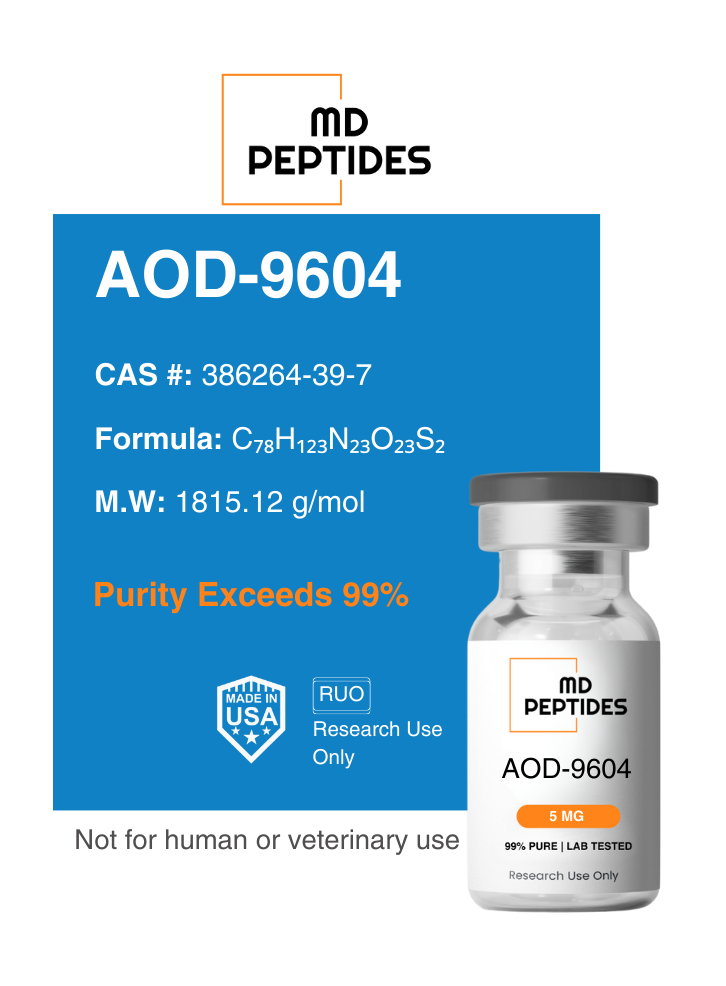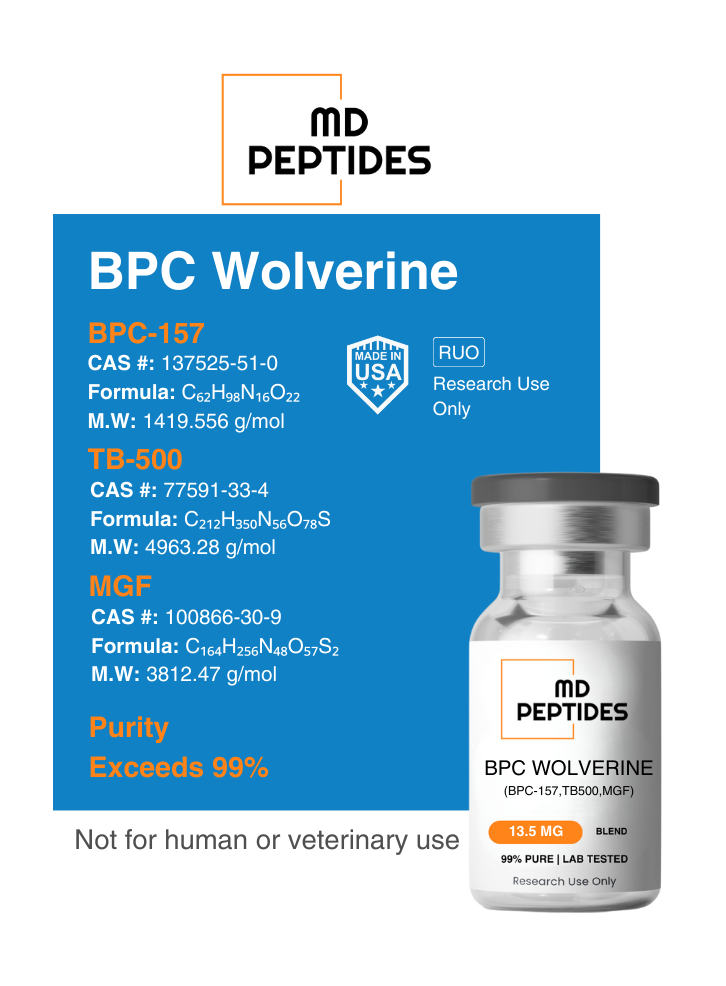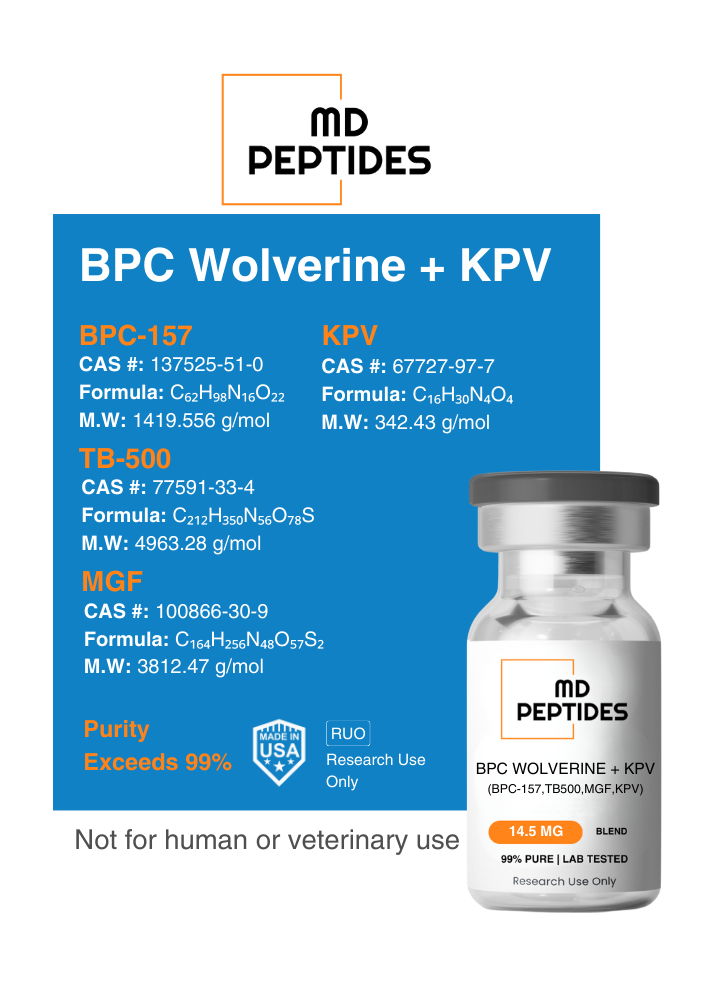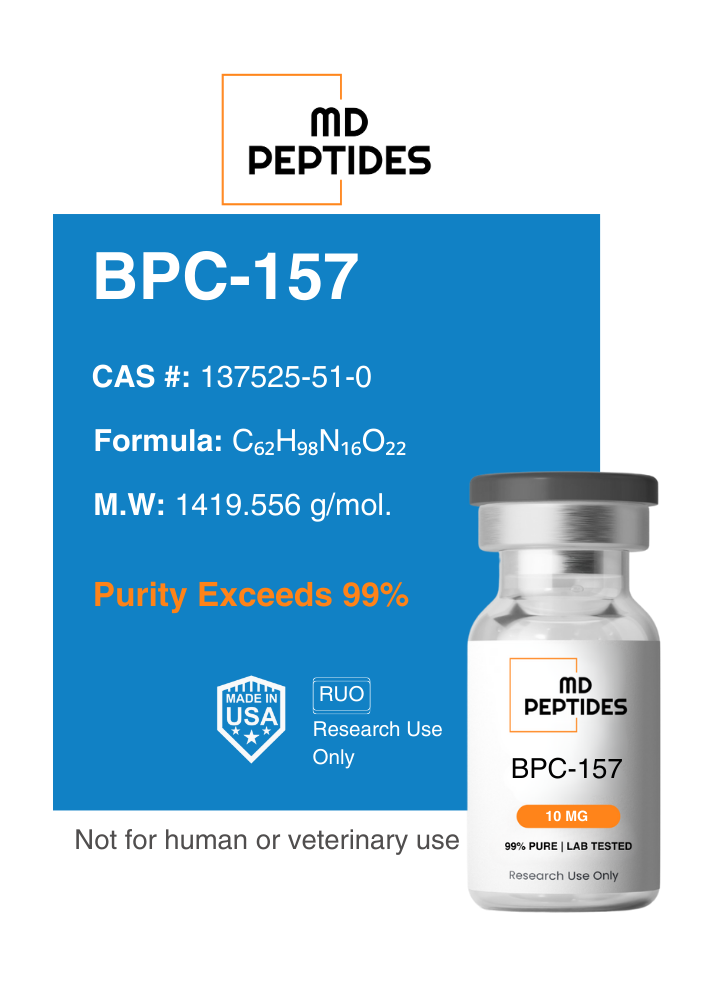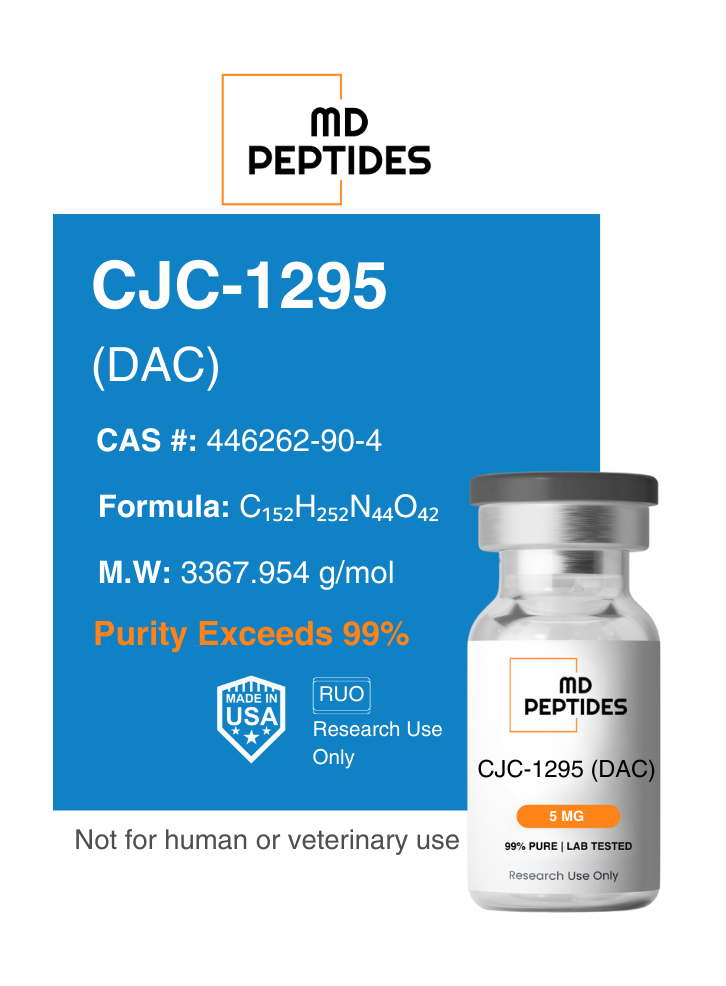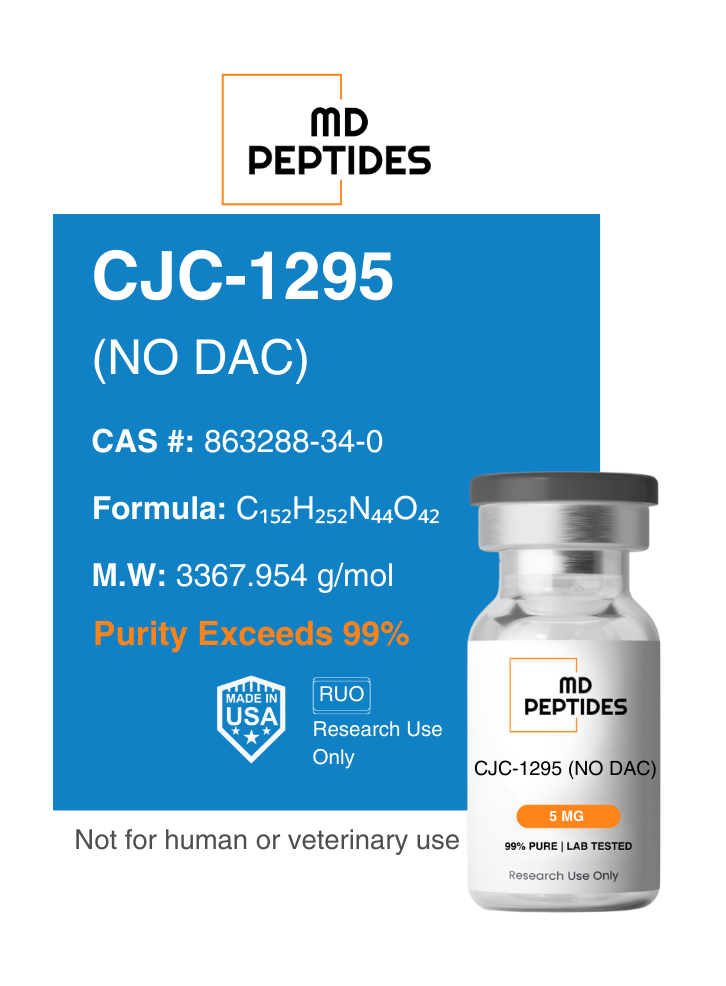VIP – 10mg
$150.00
Buy VIP Peptides—Research Applications in Cellular and Immune Studies
Vasoactive Intestinal Peptide (VIP) is a naturally occurring neuropeptide widely studied for its potential role in cellular signaling, immune function, and neuroprotection. Researchers investigate its effects on inflammatory regulation, vascular activity, and neurotransmitter modulation in controlled laboratory settings. Due to its broad physiological influence, VIP remains a key subject in immune, cardiovascular, and neurological research.
Potential Research Applications
VIP peptides are currently being examined for their possible effects on:
- Immune System Regulation: Studied for its potential to modulate immune responses and inflammatory pathways.
- Neuroprotection: Investigated for its role in supporting neuronal health and neurotransmitter balance.
- Vascular Function: Explored for its ability to regulate blood flow and vascular tone.
- Inflammatory Response: Researched for its impact on reducing inflammation and supporting immune homeostasis.
- Gastrointestinal Studies: Examined for its effects on gut motility and digestive function.
Quality Assurance and Research Standards
- High-Purity Research Peptide—Manufactured under strict laboratory conditions for reliability in research.
- Lab-Tested for Purity—Verified for scientific studies’ accuracy, consistency, and stability.
- For Research Use Only—Not intended for human consumption or medical applications.
VIP peptides continue to be a subject of ongoing biomedical research, with scientists actively exploring their mechanisms of action and potential applications in cellular health, immune function, and neurological regulation.
The peptides are available for research and laboratory purposes only. Please review and ahere to our Terms and Conditions before ordering.
- Description
- Certificate of Analysis
Buy VIP Peptides—Research Applications in Cellular and Immune Studies
VIP (Vasoactive Intestinal Peptide) is a neuropeptide vital in regulating various physiological processes, including circulation, digestion, immune response, and metabolic function. Researchers study its potential impact on these systems to understand its biological significance better.
In the gastrointestinal system, VIP promotes vasodilation, improving blood flow while lowering blood pressure. Additionally, it relaxes smooth muscles, enhances gut motility, and regulates fluid and electrolyte balance. These combined effects contribute to efficient digestion and overall gastrointestinal health.
VIP maintains circadian rhythms, cognitive function, and mood stability within the central nervous system. It supports neuronal health by promoting cell survival and regeneration, making it a subject of interest in neurodegenerative disease research, including Alzheimer’s and Parkinson’s studies. Furthermore, it facilitates neurotransmitter release, enhancing brain function and mental clarity.
VIP also plays a key role in immune modulation by reducing excessive inflammatory activity. Regulating immune cell responses helps maintain immune balance and protects tissues from inflammation-induced damage. Due to these properties, researchers investigate its potential applications in autoimmune and chronic inflammatory conditions.
Additionally, VIP influences metabolism by affecting insulin secretion and glucose regulation. Studies suggest it may improve insulin sensitivity, making it relevant in diabetes research. Its ability to regulate metabolic activity could also support weight management and energy balance.
Although research highlights VIP’s broad physiological significance, further studies are needed to understand its mechanisms and potential applications fully. Scientists continue to explore its diverse roles, aiming to uncover new insights for use in medicine and biotechnology.
For research use only.
No Certificate of Analysis images available for this product.

